“The Rocky Horror Picture Show” has toucha-toucha-toucha-touched generations of outcast creatures of the night since the revolutionary film debuted in 1975. Prior to the queer cult classic, Hollywood hadn’t really given us joyous celebrations of drag and LGBTQ+ storylines. Queer characters were almost always the butt of jokes, but they could never really take part in them. So, when the very vanilla couple in “Rocky Horror” stumble on a creepy mansion filled with what they deem to be strange characters, they’re the outcasts.
Though many audiences didn’t (and still don’t) get the camp and parody elements of the film that turned the tables on the critical commentary against the queer community, it struck a chord with plenty of people who needed it. And thus, the cult classic and its many traditions that we still enjoy today were born.
From flop to bop
The Rocky Horror Picture Show | #TBT Trailer | 20th Century FOX - YouTube

Though critics roasted the movie and it was considered a box office flop, the “Rocky Horror” renaissance came quickly after its debut. Isn’t it ironic (don’t you think?) that the movie’s April Fool’s Day re-release in 1976 sparked the comedic parody’s status as a cult classic? Fans began dressing up in the characters’ eccentric outfits — which is funny given the measly costume budget of $1,600.
Oddly enough, the movie-musical actually began as a 1973 West End play that did immediately win over fans and critics. Naturally, the film took some liberties as it parodied B-horror movies and turned the story into a quirky musical.
Live shadow casts and underwear runs
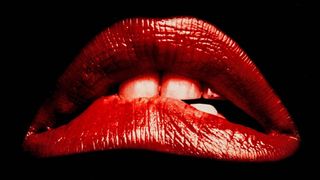
What started as fan cosplay eventually morphed into the beloved live show screenings of the film. These events are choc-full of audience participation while both actors and fans dramatically act out scenes as they play out on screen.
Some of the classic live-show shenanigans include throwing rice during the wedding scene, squirting water guns and placing newspapers over your head during the rain sequence, and even holding up lighters during the lyric “there’s a light” (which has since turned into phone lights given that most theaters aren’t keen on fire hazards). Some showings also have an underwear run, where fans can opt to strip into their undergarments and run around the theater during “The Sword of Damocles.”
It’s also common for “Rocky Horror” live-show virgins to get branded with a “V” on their forehead (basically the opposite of a Scarlet Letter). Some virgins are even chosen for typically kinky pre-show rituals that vary from show to show.
While fans can find the most live showings during spooky season, there are viewings throughout the year (especially in major theater/art-centric cities like New York and L.A.). Sometimes, OG movie cast members will even participate in live showings, making the experience that much more authentic. In fact, Tim Curry got booted from a midnight showing at the theater where it all began, believed to be an imposter moonlighting as the actor. Rude.
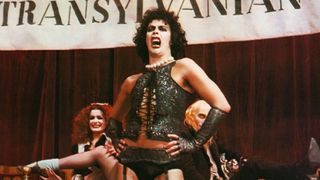
I participated in an underwear run and virgin branding during my first show. The freedom and body positivity that comes from the tradition is on par with the joy and acceptance the LGBTQ+ community feels during Pride parades. “Rocky Horror” live shows usually offer that same kind of safe space for queer audiences to let our freak flags fly and just be ourselves. It’s not a sexual thing (and definitely don’t go to a showing trying to make it one).
So, why does the musical resonate with queer audiences so much? Glad you asked. Beyond the fact that the show’s lead character Dr. Frank-N-Furter (Tim Curry) enters the musical in full glamorous drag, the film features multiple gay storylines — and it doesn’t shy away from showcasing these raunchy scenes that were quite groundbreaking and scandalous at the time of its release.
The very inexperienced Brad Majors (Barry Bostwick) even has a gay identity crisis when he loses his implied V-card to Frank instead of his fiancé Janet (Susan Sarandon). Oops. Looks like their whole ‘saving themselves for marriage’ concept is a failed endeavor. And let’s face it: Brad has way more chemistry with Frank anyway. However, we should probably talk about Frank’s calculated trickery to get Brad and Janet in his bed, though they do give full consent.
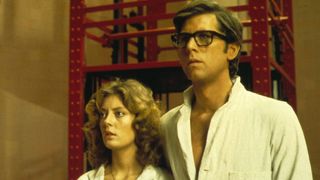
I’m always pleased to see bisexual representation on-screen, as it was (and often still is) considered even more taboo than gay storylines for some reason. For example, the 2002 “Buffy the Vampire Slayer” episode “Same Time, Same Place” essentially erases Willow’s bisexual identity and her loving relationship with Oz when she comes out to Buffy as a lesbian.
Now, that’s not to say that people can’t figure out their place on the Kinsey Scale at any point in time, but that wasn’t the case for Willow. The creatives have said that they intended to showcase a bisexual Willow (and Buffy was clearly supposed to have a fling with Faith), but the network shot it down claiming that audiences “weren’t ready” for bi characters. Um, newsflash: “Rocky Horror” did it decades earlier. Get with the program. So, it’s still a battle, particularly with series and movies often opting to solely focus on the straight relationships of bi characters. That’s yet another reason why “Rocky Horror” was and continues to be a staple in the queer community.
A lasting legacy
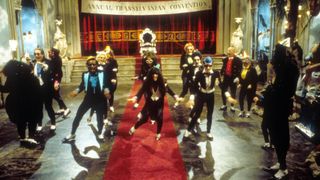
I’m Dr. Frank(ly) ashamed to admit that my first foray into “Rocky Horror” was the Season 2 “Glee” episode, “The Rocky Horror Glee Show.” Please forgive me. I was a young and naive teen who hadn’t yet begun to despise Ryan Murphy. I’m still scarred by Mr. Schue going shirtless in the school to sing “Touch A, Touch A, Touch A, Touch Me” with Emma. And no, it’s not even the most inappropriate teacher scene in the show. Shortly after, I was able to see the real thing, which blessedly forced those uncomfortable images out of my head — which I imagine was the case for many “Glee” fans.
Beyond that particular blip in the musical’s pop culture legacy, the film has inspired countless references and remakes over the years. A live TV iteration of the film debuted in 2016 starring Laverne Cox. And while it didn’t get particularly positive reviews (partially due to the need to make it broadcast TV-friendly), it was incredible to watch an actual trans woman in the role of Frank —who can be read as a trans character or just someone who loves drag.
Keep in mind, the OG movie only debuted six years after the Stonewall Riots, with many of the most prominent figures being trans women pressured to hide their identities by taking on a drag persona. So, as much as Rocky Horror fans love Tim Curry, that representation was incredibly refreshing and pivotal to move Hollywood in the right direction. The live movie also included names like Adam Lambert (Eddie), Victoria Justice (Janet), and even Curry came along for the ride as the Criminologist.
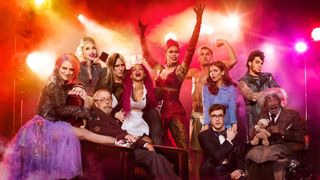
Other homages to the movie include a “Time Warp” scene in “The Simpsons,” subtle Columbia and Magenta cameos in Rob Zombie’s “Halloween II,” and a “Gilmore Girls” scene where Rory dresses as Janet and Lorelai opts for Magenta. Other movies and shows that reference the cult classic include “The Goldbergs,” “Cold Case,” “American Dad,” “Fame,” and “American Horror Story: Coven.” Shockingly enough, a “Sesame Street” also alluded to the film, and a parody of “Sweet Transvestite” is showcased in “Mickey Mouse Club House.”
Of course, “Rocky Horror” has amassed quite a few vocal celebrity fans over the years. (Where are my fellow theater kids at?) To name a few, Princess Diana, Gerard Way, Jack Black, and Will Wheaton are among the flock. Naturally, the movie-musical has been a pop culture staple for decades and will no doubt continue the trend for years to come. But that doesn’t mean everyone appreciates its genius. I scored a copy of the DVD in college from a friend who claimed the film would give her nightmares forever. Her loss.
Watch "Rocky Horror Picture Show" on Hulu now
More from Tom's Guide
- 9 new movies and shows to watch this weekend
- Apple TV Plus just renewed another hit show, 'Shrinking'
- How to watch 'Strictly Come Dancing' 2024 online and on TV
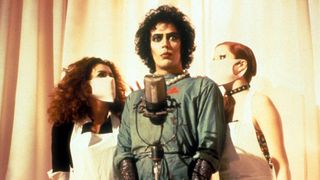

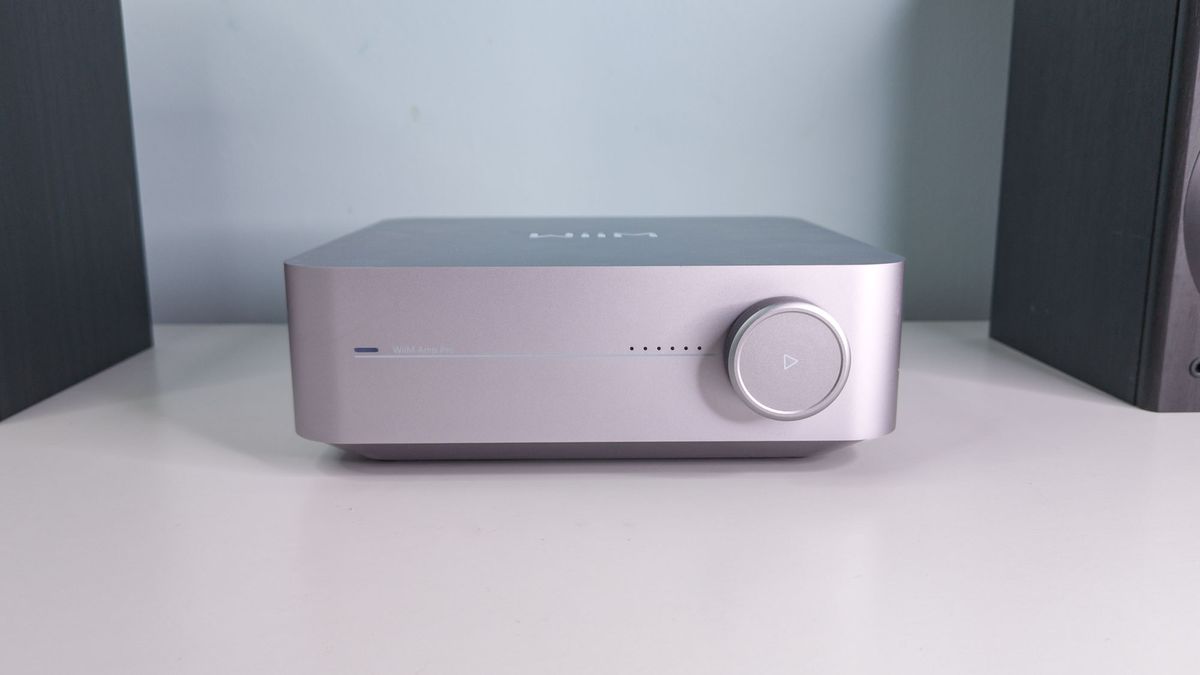
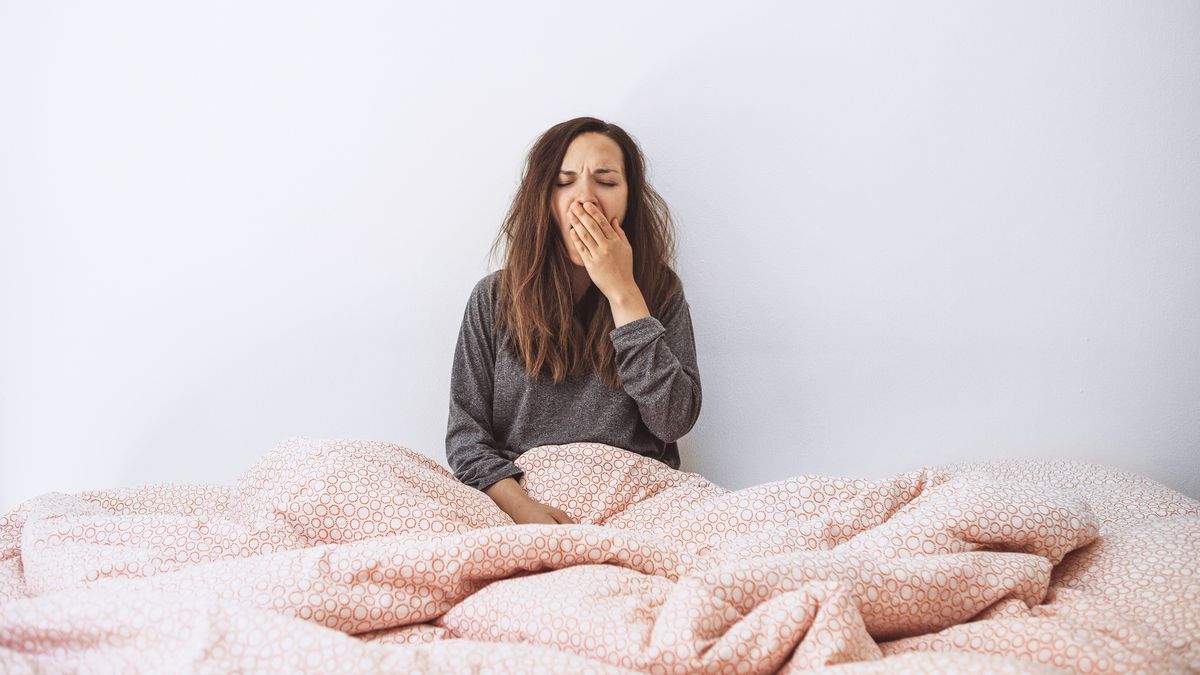



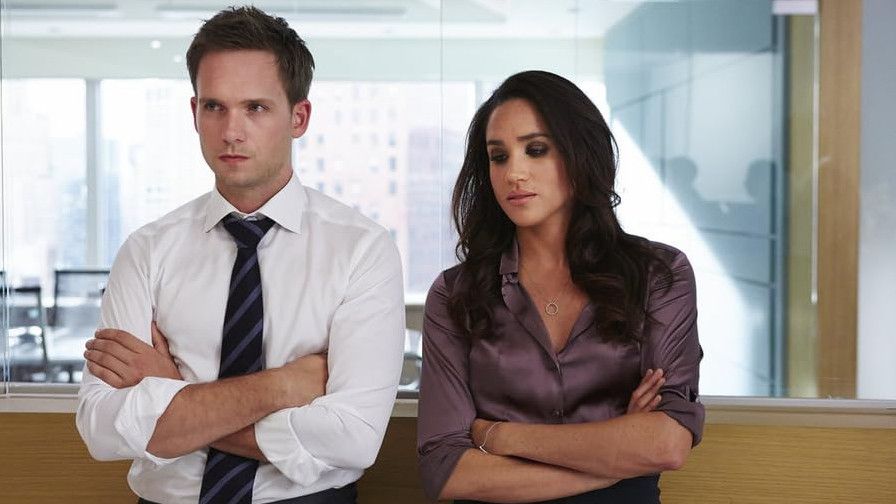
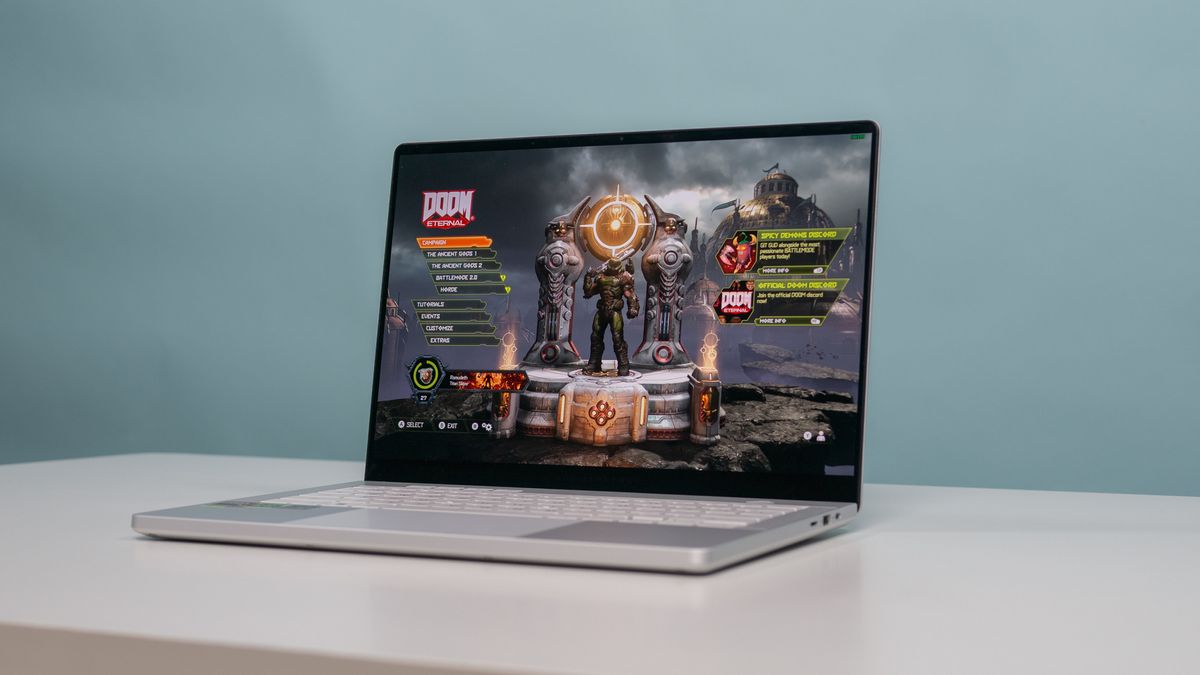

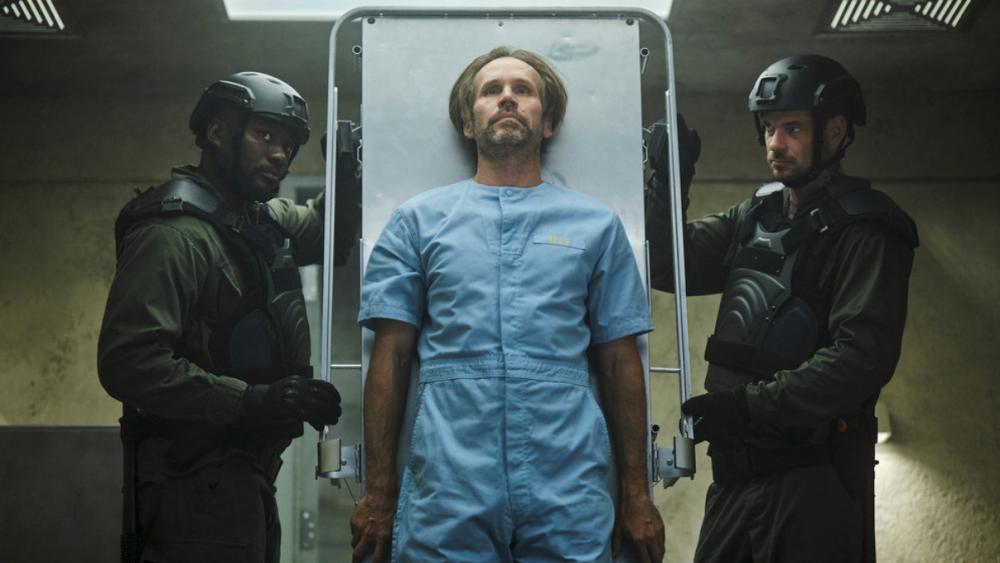

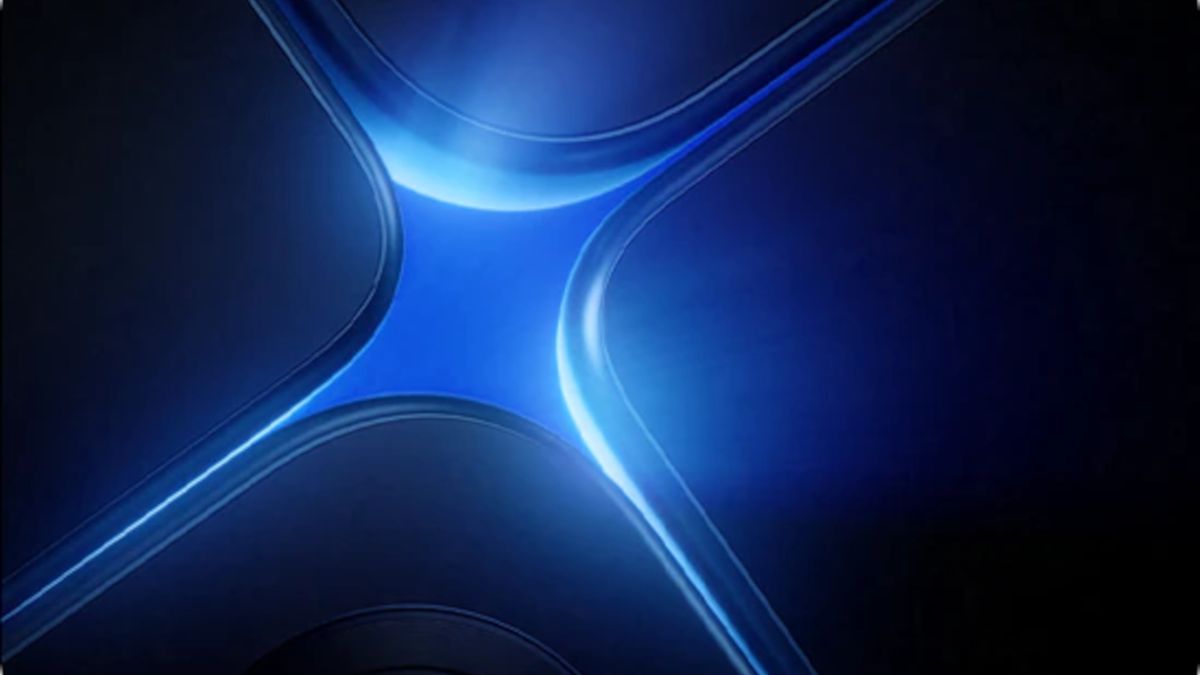








 English (US) ·
English (US) ·